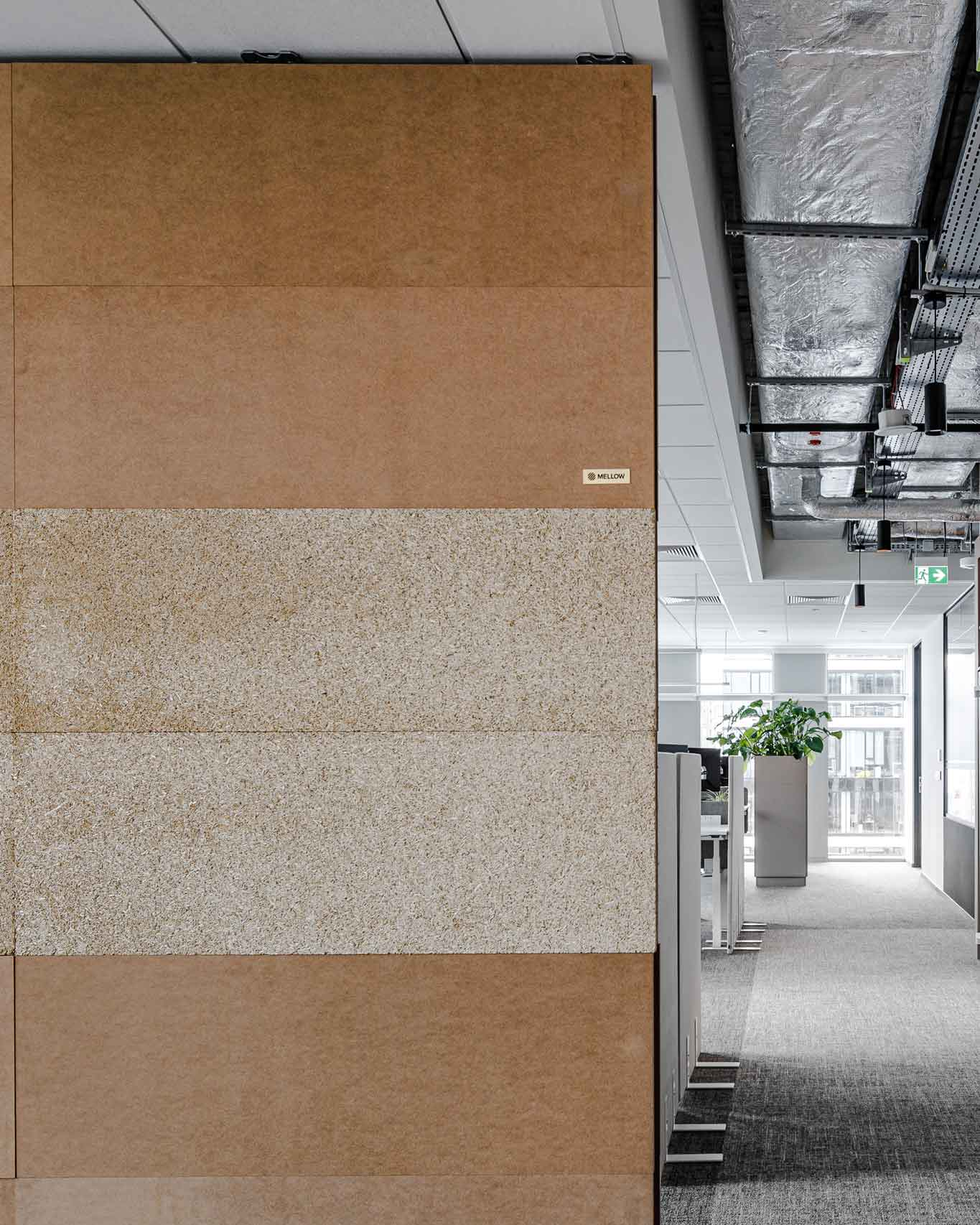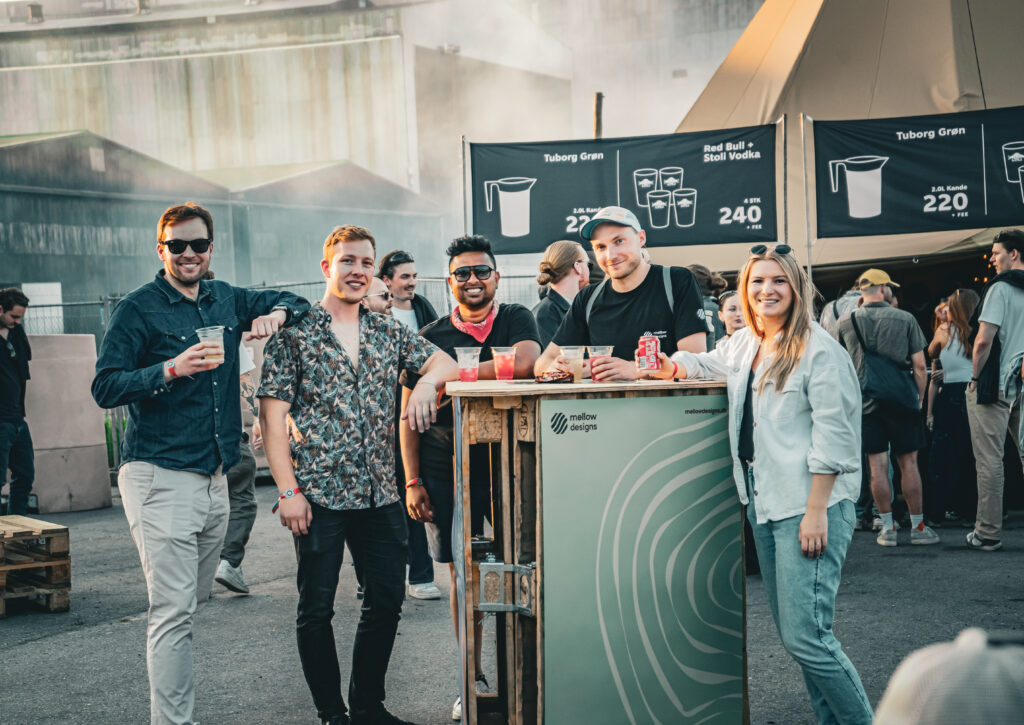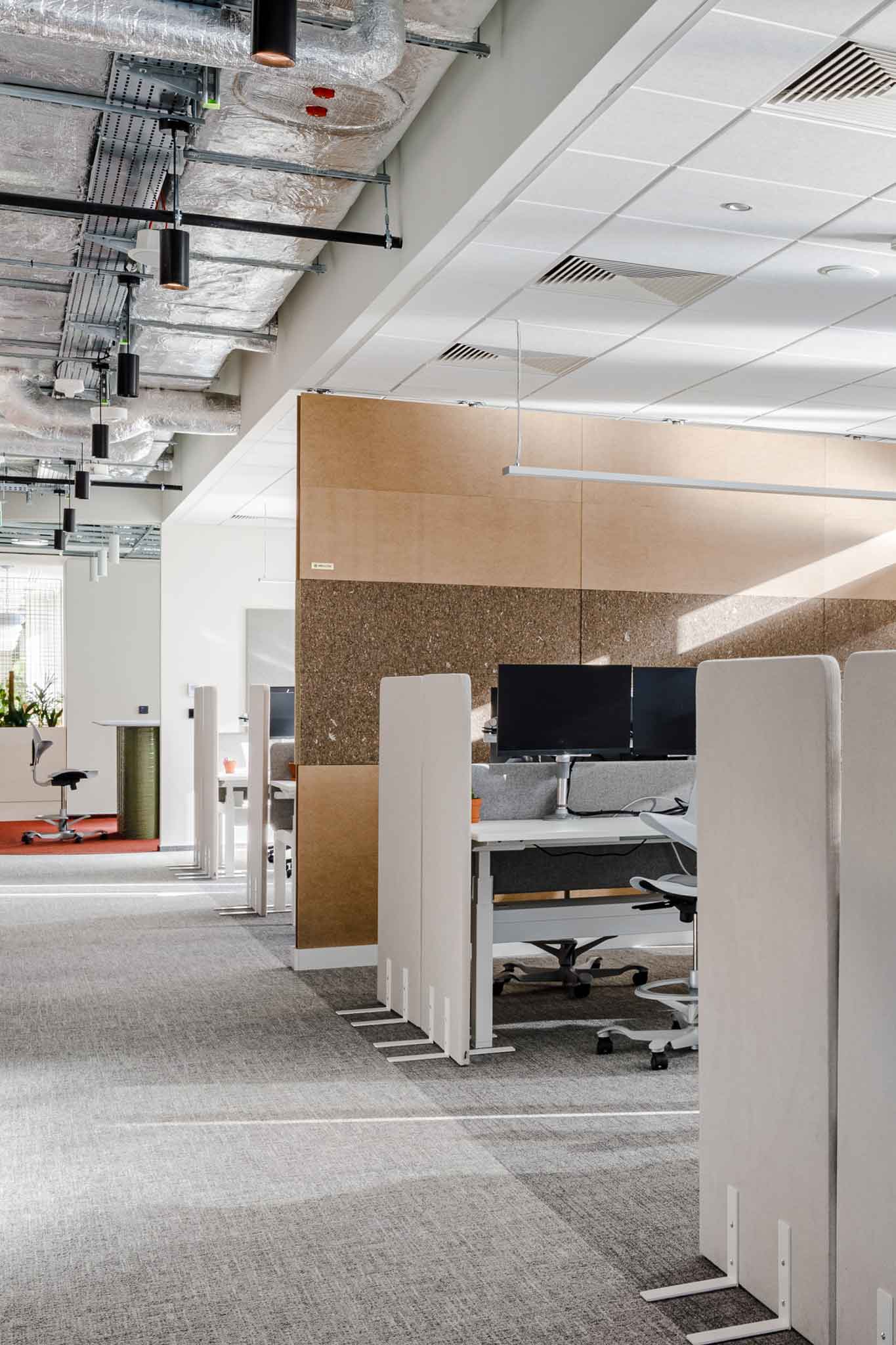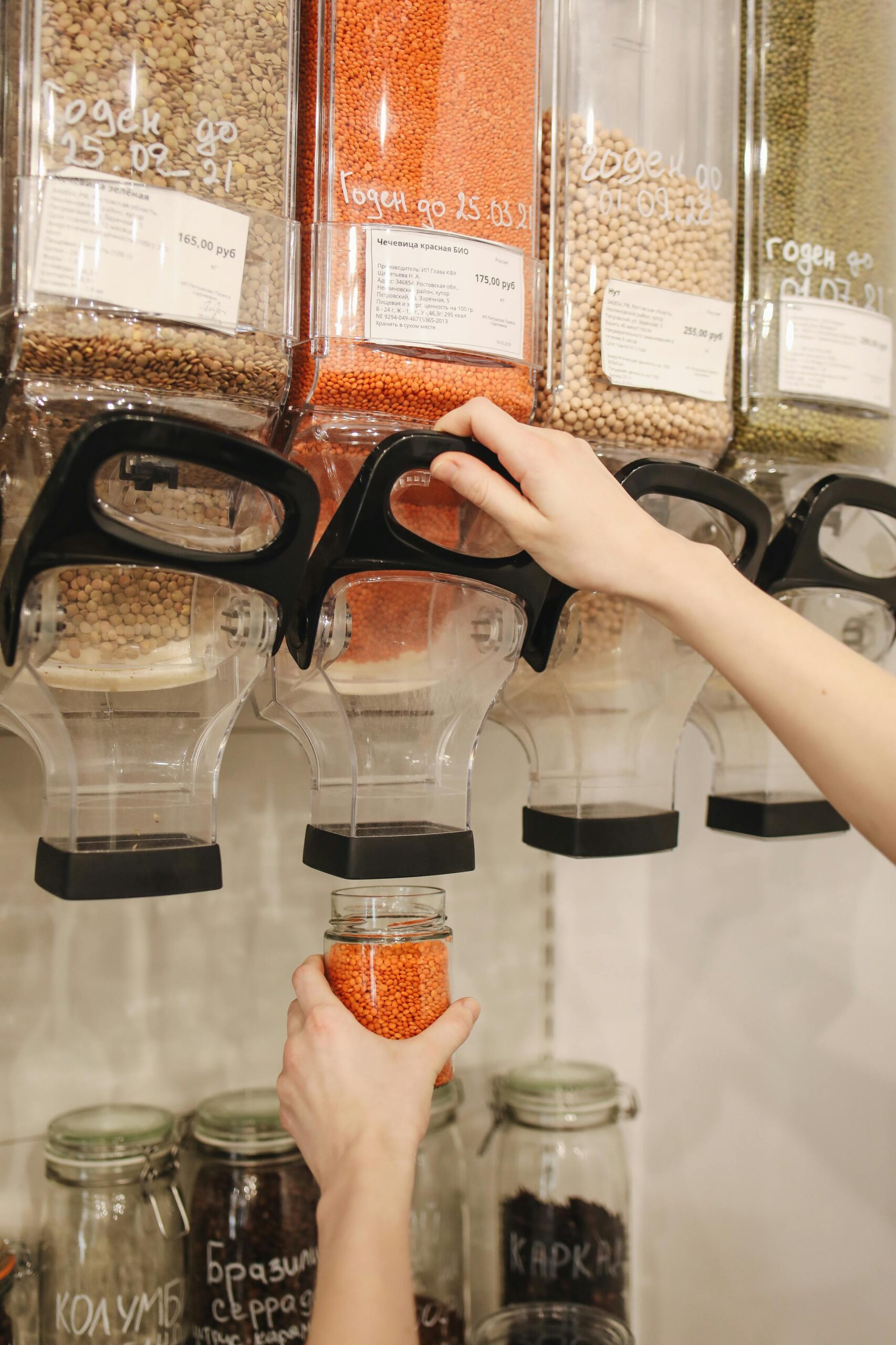
How temporary public spaces can make a lasting impact
Discover Malmö’s “Sommargata”: A Summer Transformation for All to Enjoy
Author: Ida Arnegärd
If you happened to be visiting Malmö, Sweden, this summer, you might have stumbled upon some streets called “Sommargata” (meaning: Summer Street). These streets are transformed during the summer months, becoming pedestrian-friendly spaces where local businesses, cafes, and restaurants create a vibrant and inviting atmosphere. This initiative allows residents to reclaim space, making it a community-friendly area for everyone to enjoy.
How Temporary Public Spaces Can Make a Lasting Impact
Malmö’s summer streets, such as Davidshallstorg, are a prime example of how temporary public spaces can enhance the urban experience. Though the transformation lasts only a few months, its effects linger, offering inspiration for how short-term projects can leave a lasting impression. As a Malmö resident, I personally appreciate these initiatives and believe they contribute to the city’s livability.
These temporary transformations raise important questions about how we can continue to improve the quality of our shared outdoor spaces while staying sustainable and inclusive. Temporary urban spaces, like those in Malmö, show how cities can embrace innovation without compromising the environment.
Temporary Sustainable Solutions: Enhancing Experiences and Reducing Environmental Impact
Pop-up furniture—modular, transportable, and made from recyclable or renewable materials—plays a crucial role in creating inviting outdoor spaces. This sustainable approach to design helps reduce the need for single-use materials, contributing to urban areas that are both welcoming and environmentally friendly.
Reducing Waste: A Path to Sustainable Urban Planning
Sustainability isn’t just about what we add to public spaces; it’s about how little waste is left behind. By focusing on reusable structures and recyclable materials, we can significantly reduce waste after temporary projects end. This model offers urban planners and event organizers a clear path toward eco-friendly solutions.
Bringing Nature to the City: The Role of Greenery in Urban Spaces
Greenery, including potted plants, vertical gardens, and temporary grass lawns, enhances both the aesthetic appeal and environmental benefits of temporary public spaces. These elements improve air quality, contribute to biodiversity, and transform squares into urban oases. Organizers can replicate this approach by incorporating green spaces into event designs.
Designing Inclusive Meeting Places for All
Public spaces should be inclusive and accessible to everyone. Temporary squares, like those in Malmö, accommodate diverse groups by offering pop-up cafes, markets, and performances. This inclusive approach fosters a sense of belonging, which is especially important for planning sustainable events that prioritize accessibility.
Conclusion: A Sustainable Blueprint for Future Event Planning
Temporary summer squares, like Malmö’s Davidshallstorg, showcase how urban spaces can be transformed to meet the needs of modern communities while embracing sustainability. By adopting practices like pop-up furniture, waste reduction, and greenery, event planners and designers can create spaces that are not only inviting but also environmentally responsible, ensuring vibrant, eco-friendly cities for years to come.
If you want to learn more about sustainable solutions for you, reach out to us!
Sources:
https://malmo.se/Stadsutveckling/Sa-utvecklar-vi-staden/Stadsmiljo/Sommargator–och-torg.html
subscribe to our newsletter!

Latest ArtiCles


building better with adaptable partition walls
